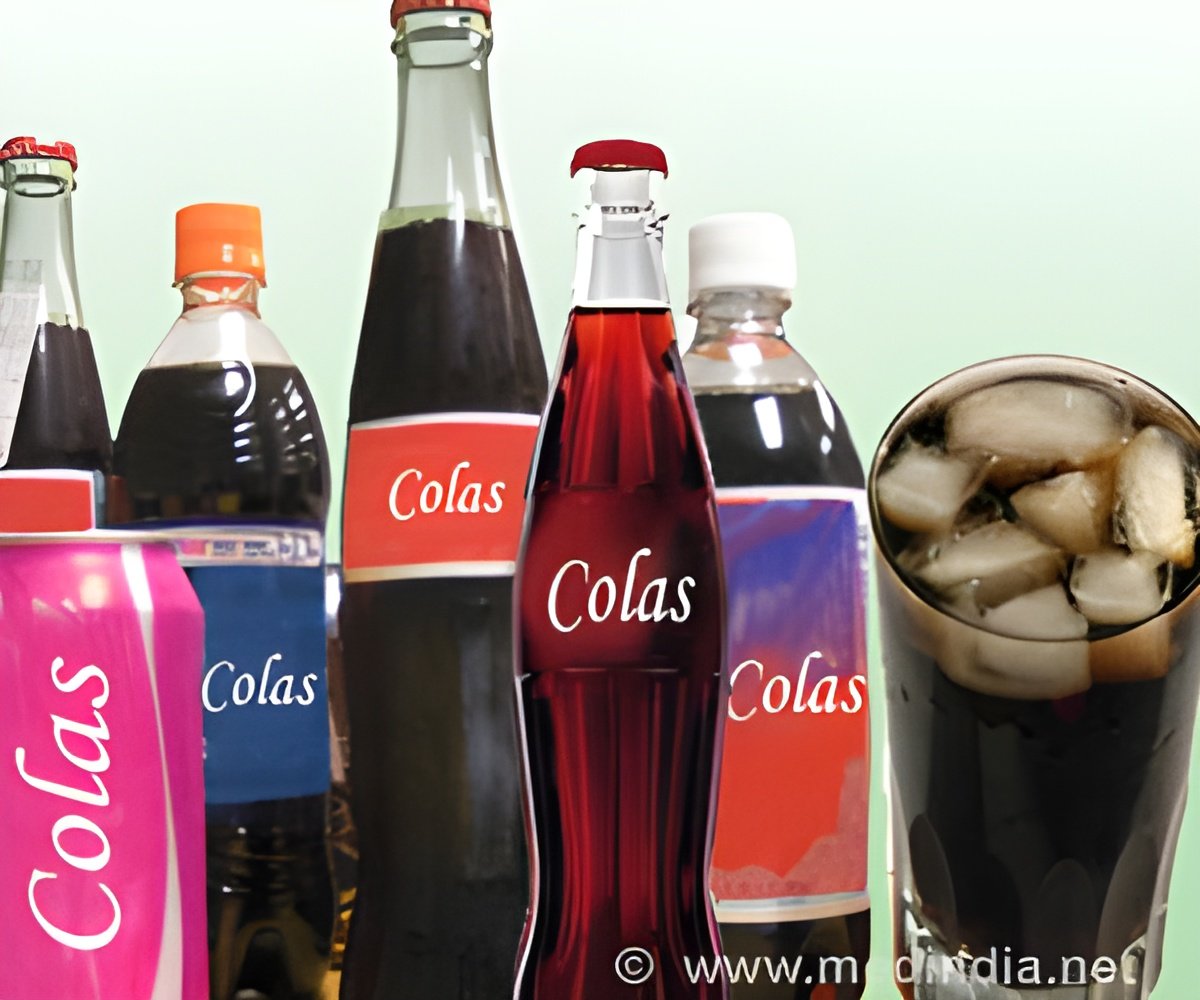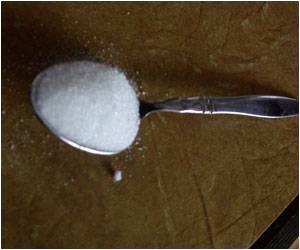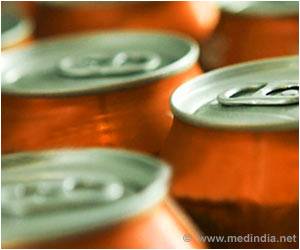
‘Consumption of free sugars from sugar-sweetened beverages is a major risk factor in the global increase of people suffering from obesity and diabetes.’
Tweet it Now
"We are now in a place where we can say there is enough evidence to move on this and we encourage countries to implement effective tax on sugar-sweetened beverages to prevent obesity," said, Temo Waqanivalu, of WHO's Department of Noncommunicable Diseases and Health Promotion.Globally, the prevalence of obesity more than doubled between 1980 and 2014. More than 500 million people are obese - 11% men and 15% women.
"Smart policies can help to turn the tides on this deadly epidemic, especially those aimed at reducing consumption of sugary drinks, which is fueling obesity rates," former New York Mayor Michael Bloomberg, a WHO ambassador for noncommunicable diseases, said in a statement.
Soft drink market is worth nearly $870 billion in annual sales. The year 2016 could be the year of the sugar tax as many nations consider levies on sweetened food and drinks to fight obesity.
The soft drinks industry in the US, which include Coca-Cola Co, Pepsico Inc, and Red Bull disagreed with the taxation.
Advertisement
The association said that the non-alcoholic beverage industry was making more options with fewer calories and reformulating existing drinks to reduce calories significantly.
Advertisement
There is increasing evidence that taxes and subsidies influence purchasing behavior and could be used to curb consumption of sugary drinks, said WHO. In 2014, a tax rise in Mexico led to a 10 percent price hike and a 6 percent drop in purchases of sugary drinks by the year-end.
"This is a tax on sugary drinks which is really by definition all types of beverages containing free sugars, and this includes soft drinks, fruit drinks, sachet mixes, cordials, energy and sports drinks, flavored milk, breakfast drinks, even 100 percent fruit juices," said Waqanivalu.
Source-Medindia















